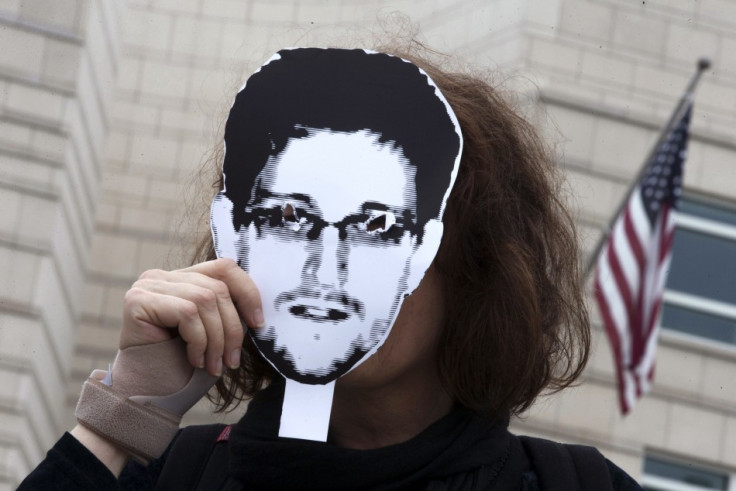Edward Snowden NSA Scandal: US Snoopers Targeted International Charities

A former Israeli prime minister, charity chiefs and a senior EU trade commissioner were among the surveillance targets of the American NSA and Britain's GCHQ intelligence agencies, according to previously top secret documents.
The latest revelations from whistleblower Edward Snowden have provoked strong criticism from those allegedly the focus of spying operations, and seem to confirm that the agencies did not restrict themselves to gathering intelligence on potential terrorist threats, but also spied on key allies and strategic partners.
Following the new claims, US president Barack Obama signalled that there may be a review of the NSA surveillance programmes.
"There are ways we can do it, potentially, that gives people greater assurance that there are checks and balances, that there's sufficient oversight and sufficient transparency," Obama said in his end of year press conference.
Among the organisations mentioned in the documents is the United Nations development programme, the UN's children's charity Unicef and Médecins du Monde, a French organisation that provides doctors and medical volunteers to conflict zones.
A document dated January 2009 lists an email address allegedly belonging to then Israeli prime minister Ehud Olmert. Also targeted was an account defence minister used Ehud Barak, and his chief of staff, Yoni Koren were believed to have used to exchange messages.
In 2009, Olmert stepped down from his office amid corruption claims.
Jose Almunia, EU commissioner for competition, was also targeted.
Almunia has been involved in a long running monopoly investigation into Google's online advertising. He has also confronted Microsoft and Yahoo over privacy concerns.
There is absolutely no reason for our operations to be secretly monitored.
Also listed was the UN development programme, German government buildings, as well as African heads of state and their family members, reports the Guardian.
Leigh Daynes, an executive director of Médecins du Monde in the UK, told the paper he was "shocked and surprised by these appalling allegations of secret surveillance on our humanitarian operations".
"There is absolutely no reason for our operations to be secretly monitored. Like other humanitarian actors, we adhere strictly to the fundamental principles of independence, neutrality and impartiality in our work," he added.
In a statement, the European Commission said the surveillance would "deserve our strongest condemnation" if proved true. "This is not the type of behaviour that we expect from strategic partners, let alone from our own member states," it said.
Earlier this week, a federal judge declared the NSA programme unconstitutional, and presidential advisory panel said that reform was needed.
© Copyright IBTimes 2025. All rights reserved.




















